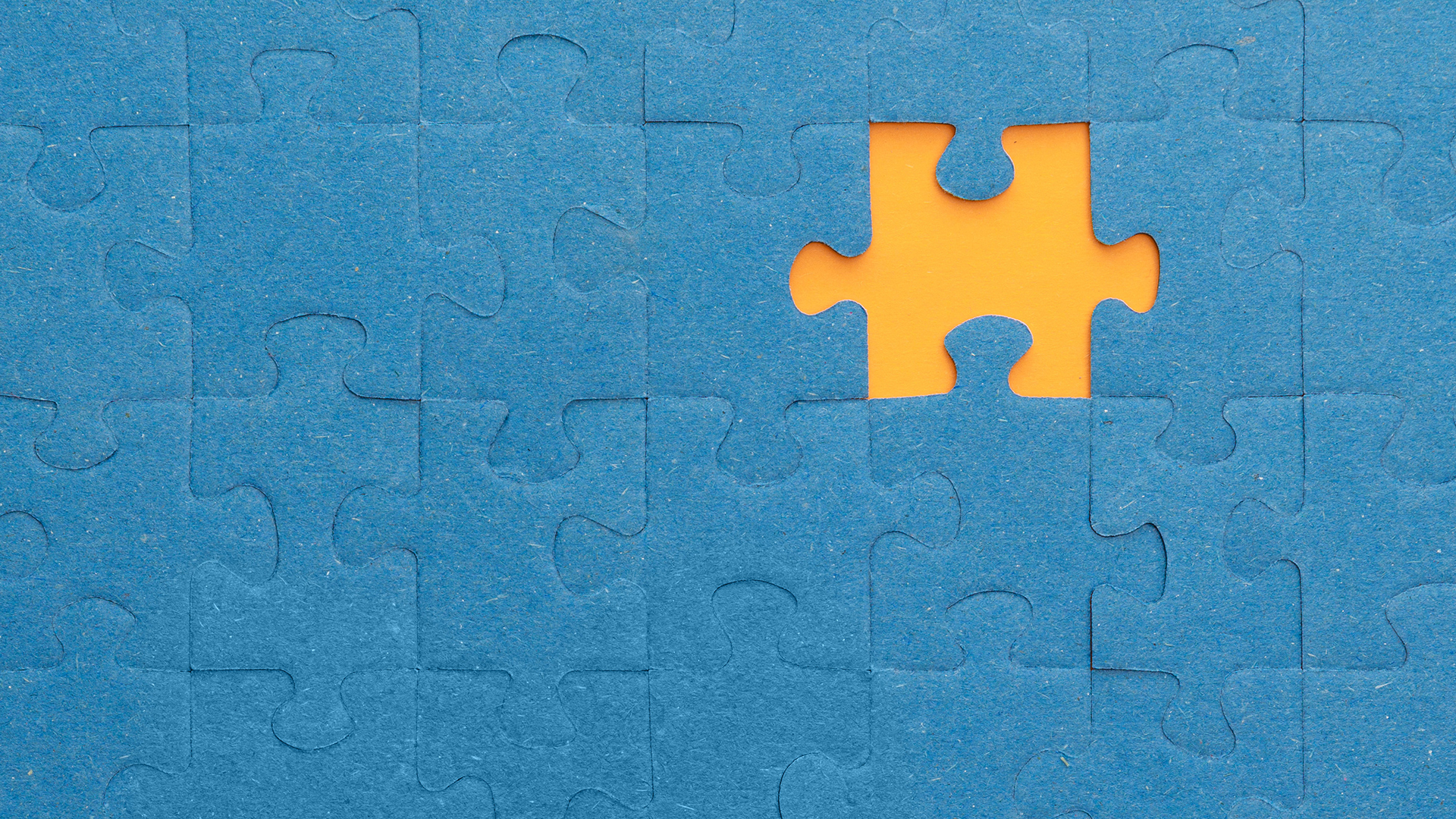Guest article by Alden Mills
All great teams are made up of people with complementary skills and strengths. You may not think of your analytical proclivity to manipulate spreadsheets as a superpower, but if we worked together, I would be the first to acknowledge it. Spreadsheets give me hives. OK, maybe not, but I do get in a panic just at the thought of dealing with them. The person who loves pivot tables and data analysis might feel like vomiting at the thought of having to lead a sales presentation. Sure, these “powers” might not be as glamorous as leaping over tall buildings or breathing underwater, but they are real skills and talents, critically important to grow a company or save one from bankruptcy. I have led in both growing and saving a company, and the only way we defeated the competition and beat back bankruptcy (the villains) was by creating teams of people with complementary skills.
It might sound as though all you need to do is get a group of people with different skills together, and—presto!—you have an unstoppable team. But building unstoppable teams is challenging. For one thing, our egos, our pride and insecurities, may prevent us from seeing where our true powers (and our real weaknesses) lie. Second, it’s not always easy to recognize other people’s superpowers. Third, it can be a challenge for individually gifted people to see the benefit of working with others to accomplish a common goal. A lot of high-achieving people get that way through a single-minded focus on themselves and their goals. Convincing them to pursue “our” goal instead of “my” goal is no small feat.
Likewise, a lot of team leaders are not being honest with themselves about their own strengths and weaknesses. Most of us think we are better at more things than we really are. It is hard to come to grips with our own weaknesses. It is no fun discussing what we stink at; on the other hand, we all love thinking and talking about moments when we saved the day, scored the goal, or made the sale. We tend to over- emphasize our own participation and marginalize everyone else’s involvement—unless and until, that is, you decide to become unstoppable. Truly understanding your gifts will not only help you realize your full potential, but also will help you identify your weaknesses. When you know this, then you can get to work seeking other Super Friends to join you on an unstoppable team.
GETTING REAL WITH YOURSELF
Sometimes our own superpowers aren’t obvious to us. That’s why relying on others to help you identify your strengths and weaknesses can be helpful. I call this triangulating, after the technique of land navigation that we learned during SEAL training (it’s also taught in wilderness survival classes). When you’re lost in the woods but have a map and a compass, you can triangulate to discover your position. This method for finding your location in the woods can be adapted to helping you discover your true skill. Here are the steps:
STEP ONE: Find at least three people from three different environments of your life to give you honest feedback. Select people who will give it to you straight without fear of hurting your feelings. When you select these people, find one or two people each from your professional life, your personal life, and your community. On the work front, find one or two colleagues who don’t directly report to you but with whom you have worked or are working closely.
STEP TWO: Ask them this question: “If you were counting on me to save your life but I could only save it by using the one thing I am best at, how would I save you?” They should answer by giving you a verb, not a noun. What action are you best at—inspiring people, analyzing data, drawing pictures, coordinating a project, inventing a new idea, or . . . ? Get them focused on the one thing above all else that you are hands down the best at. The goal is to find “your” verb—the action that others view as your greatest strength.
STEP THREE: Triangulate the feedback and look for similarities, commonalities, and patterns in it. Test the feedback against your own answers to these questions. Is there something in the feedback that rings true in your gut, not just your head? Does some portion of the feedback sound familiar to you? Have you heard it before? When you were younger, did people say of you, “He’s a natural leader,” or “What a gift he has for art,” or “She’s like a human computer doing complex math in her head”?
This exercise helps you identify your own talents and also the skills gaps you’ll need to fill with contributions from teammates. You may even find people who are better than you at the one thing you know you’re great at.
This exercise gives you a mirror into your true strengths and weaknesses, and because you’re getting feedback from others who see you in action, the picture you get is truer to life than the one you might selectively present to yourself. Yes, you have to trust others to tell you what they’re seeing. Eventually, you’ll see their honesty as a gift, because that “reflection” can dramatically improve your chances for success.
ALDEN MILLS is a three-time Navy SEAL platoon commander, and was the CEO of Perfect Fitness, one of the fastest growing companies in America. He is also a longtime entrepreneur, with over 40 patents, and has over 25 years of experience working on high-performance leadership, sales, and team-building.


0 comments